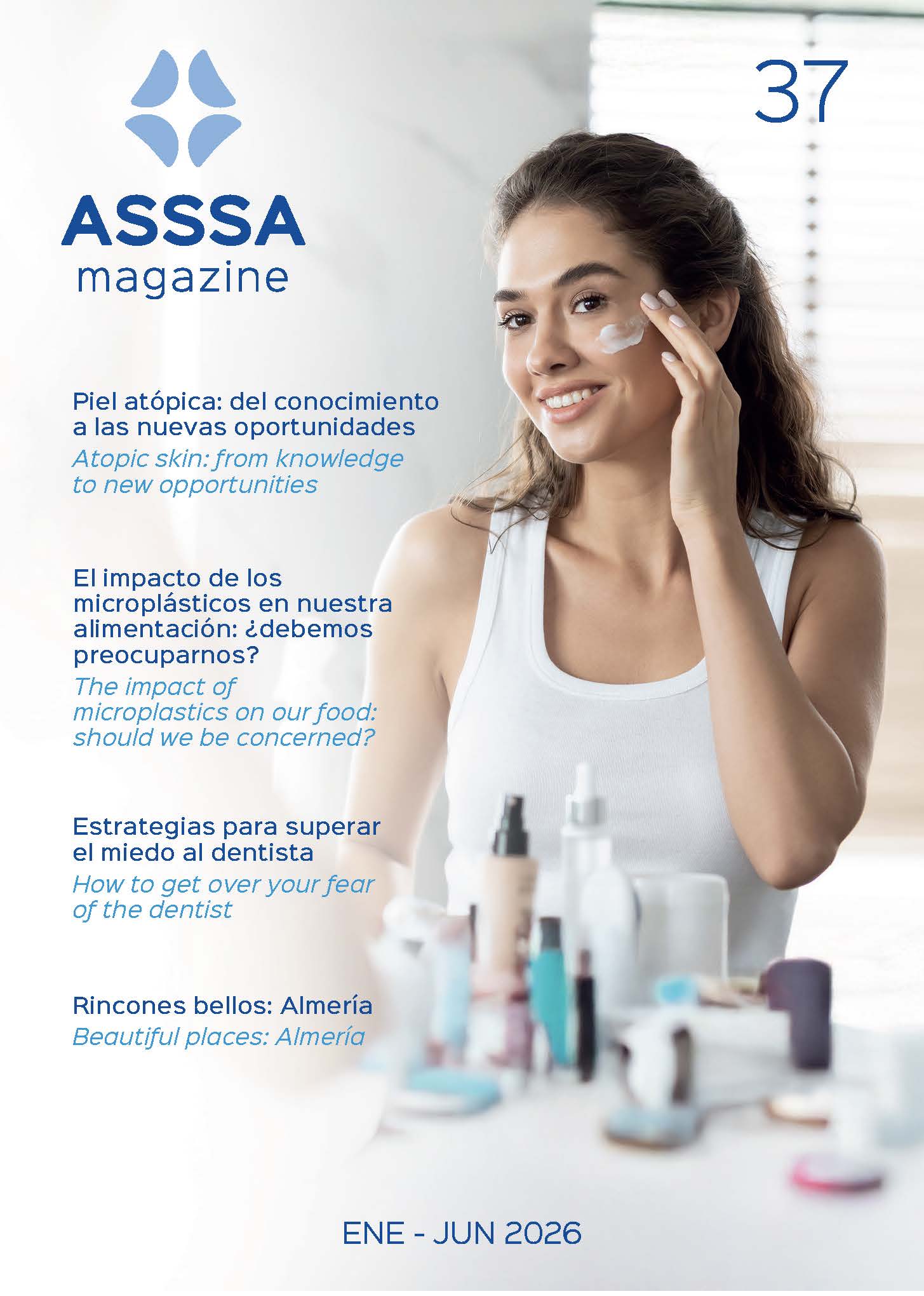
It’s always been said that the sun, and consequently vitamin D, is essential for healthy people. But do you know to what extent this is true? Not only does vitamin D affect mood, but it also plays a vital role in our body’s tissues.
Vitamin D is a prohormone, which the body converts into a hormone that helps in the absorption of calcium and phosphorus for optimal bone and dental health. It also works within the endocrine system to help maintain well-regulated levels of serotonin, dopamine, adrenaline and noradrenaline, all of which are essential for mental well-being.
90% of vitamin D is obtained through the skin from ultraviolet radiation. This means it’s common for levels to stabilise during the summer months (and specifically from March to October). On the contrary, levels usually drop in winter and have to be compensated with food.
Foods rich in vitamin D:
- Oily fish like salmon and tuna
- Tinned sardines
- Tinned mackerel and tuna
- Preserves either pickled or in oil
- Beef
- Shiitake mushrooms
- Egg yolk
- Beef liver
- Cod liver oil
Many foods are also supplemented with vitamin D, including milk, fruit juices, yoghurt, butter, cereals and cheeses, although care should be taken to ensure they don’t contain a high amount of sugar.
Other tips
We recommend sunbathing between 10 and 15 minutes a day, especially on the face, arms and legs, as these are the areas of the body that best absorb sunlight.
Another good option is to exercise outdoors, as the sun’s rays are used to improve vitamin levels and increase bone health.
Deficiency symptoms
Particular attention should be paid to these tips by people at risk, in this case elderly people or people with cognitive impairment, restricted sun exposure, abdominal obesity or malnutrition, as well as smokers and women during breastfeeding and pregnancy.
A vitamin D deficiency presents with:
- Bone pain and back discomfort
- Frequent infections
- Fatigue
- Delayed wound healing
- Hair loss
If these symptoms are observed, a specialist should be consulted to perform an examination and assess whether vitamin supplements are necessary to meet the body’s needs. It’s important not to self-medicate with supplements, as too much vitamin D can be harmful.












